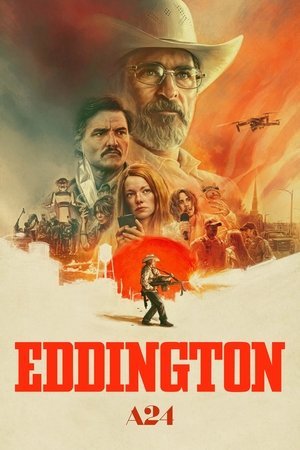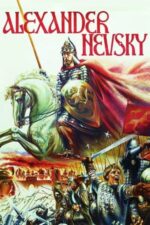A Hero For His Time: Exploring Nationalism & Spectacle in Alexander Nevsky
Okay, let’s talk about Alexander Nevsky. It's a film that can feel…intense. Like, really intense! And for good reason. Sergei Eisenstein's 1938 masterpiece isn't just a historical drama; it’s a powerful statement – and a brilliant piece of filmmaking technique rolled into one. Thinking about it now, I remember seeing it as a teenager and being completely bowled over by the sheer scale of it all. It felt unlike anything else I'd ever witnessed.
The film itself centers on Alexander Nevsky, a 13th-century Russian prince defending his land against invading Teutonic knights. The plot is straightforward enough – invasion, battle, victory! – but what makes it truly remarkable is Eisenstein’s approach. He wasn’t aiming for simple historical accuracy; he was building a myth, a rallying cry for the Soviet people on the eve of World War II.
What's fascinating is how intertwined national identity and spectacle become in Alexander Nevsky. Eisenstein uses montage – that rapid-fire editing technique he practically invented – to create a visceral experience. Think about it: close-ups of terrified faces, sweeping shots of charging cavalry, the deafening clash of steel…it’s designed to overwhelm you and evoke a feeling of collective patriotism. It's less about understanding the nuances of medieval politics (though those exist) and more about feeling the raw power of Russian resolve.
It's interesting to compare it with something like Ridley Scott’s Gladiator. Both are grand, epic narratives focused on heroism in times of conflict, but Alexander Nevsky carries a much stronger ideological weight. Where Maximus Decimus Meridius fights for personal freedom and revenge, Alexander is fighting for the collective identity of his people – a concept that resonated profoundly with Stalin's regime at the time.
The music, by Sergei Prokofiev, only amplifies this feeling. Those powerful choral pieces? They’re not just background noise; they are an integral part of the film’s emotional core, designed to stir feelings of national pride and unity. It’s almost like a propaganda piece, but it's also so good – visually stunning, emotionally resonant - that you can appreciate its artistry even if you don’t entirely agree with the message.
If you’re looking for something that showcases both incredible filmmaking craft and a glimpse into a specific historical and political moment, Alexander Nevsky is definitely worth exploring. It's an experience – sometimes challenging, always compelling - that will stick with you long after the credits roll. Just be prepared for a whole lot of trumpets!




















